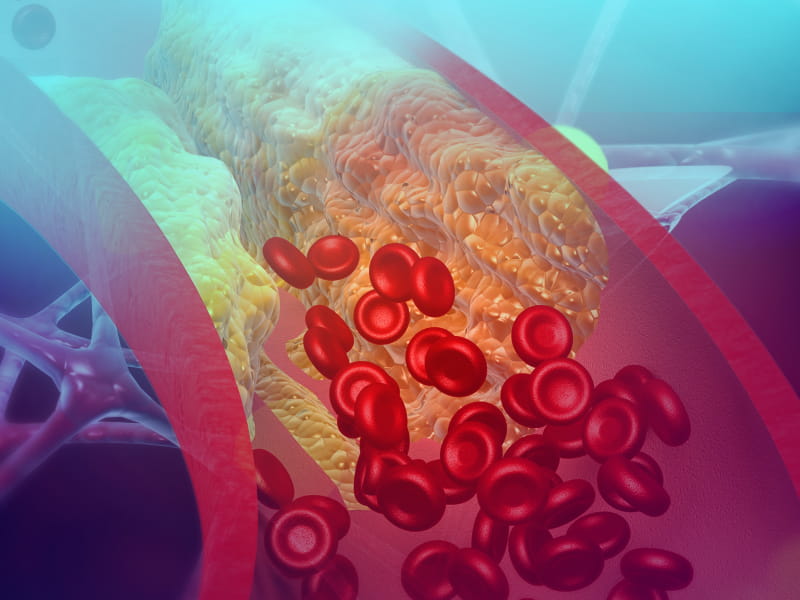19 November 2024 | Tuesday | News

Picture Courtesy | Public Domain
Eli Lilly and Company (NYSE: LLY) announced positive Phase 2 results for muvalaplin, an investigational once-daily, orally administered selective inhibitor of lipoprotein(a) [Lp(a)], a genetically inherited risk factor for heart disease. The study demonstrated that muvalaplin significantly reduced elevated Lp(a) levels in adults, meeting its primary endpoint of percent change in Lp(a) from baseline to week 12.
At the 12-week primary endpoint, muvalaplin (10 mg, 60 mg and 240 mg) showed significant reductions in Lp(a) levels compared to placebo. The placebo-adjusted reductions were up to 85.8% using an intact Lp(a) assay and up to 70.0% using an apo(a) assay. Specifically, the reductions were 47.6% (10 mg), 81.7% (60 mg) and 85.8% (240 mg) with the intact Lp(a) assay, and 40.4% (10 mg), 70.0% (60 mg) and 68.9% (240 mg) with the apo(a) assay.
"High levels of Lp(a) have been shown to be a significant risk factor for atherosclerotic cardiovascular disease, affecting over one billion adults globally," said Stephen J. Nicholls, MBBS, Ph.D., director of the Victorian Heart Hospital and Institute, and professor of cardiology at Monash University, Australia. "Current cholesterol-lowering therapies are not approved to lower Lp(a) levels, highlighting an unmet need for people living with cardiovascular disease. These data represent a needed scientific advancement with the potential to reduce the risk of cardiovascular events such as heart attacks or strokes with a once-daily pill."
Lilly is evaluating muvalaplin, a potent, multivalent, small molecule that inhibits the formation of Lp(a) by blocking the initial interaction between apolipoprotein(a) [apo(a)] and apolipoproteinB (apoB). In the U.S., about 20% of people, or approximately 63 million individuals, have high levels of Lp(a).1,2 Elevated Lp(a) levels can double or even triple the risk of a heart attack and are associated with other cardiovascular issues.3
"While injectable approaches for Lp(a) are currently in Phase 3 development, including Lilly's own lepodisiran program, these are the first positive Phase 2 data for an oral approach," said Ruth Gimeno, Ph.D., group vice president, Diabetes and Metabolic Research, Lilly Research Laboratories. "We are very pleased to see these promising results and look forward to further exploring next steps for muvalaplin."
Muvalaplin also met secondary endpoints for all three tested doses (10 mg, 60 mg and 240 mg). The three tested doses achieved statistical significance for Lp(a) thresholds, and the 60 mg and 240 mg doses also achieved statistical significance for apoB reductions. These data also demonstrated:
Adverse events were similar in both the muvalaplin and placebo groups. Treatment-emergent adverse events related to the study drug occurred in 14.9% of the placebo group, 5.9% of the 10 mg group, 14.3% of the 60 mg group and 14.7% of the 240 mg group. The incidence of adverse events leading to discontinuation of study drug varied from 0 to 8.8% across treatment groups and were single events spread across system organ classes. No deaths were reported in the study.
© 2026 Biopharma Boardroom. All Rights Reserved.